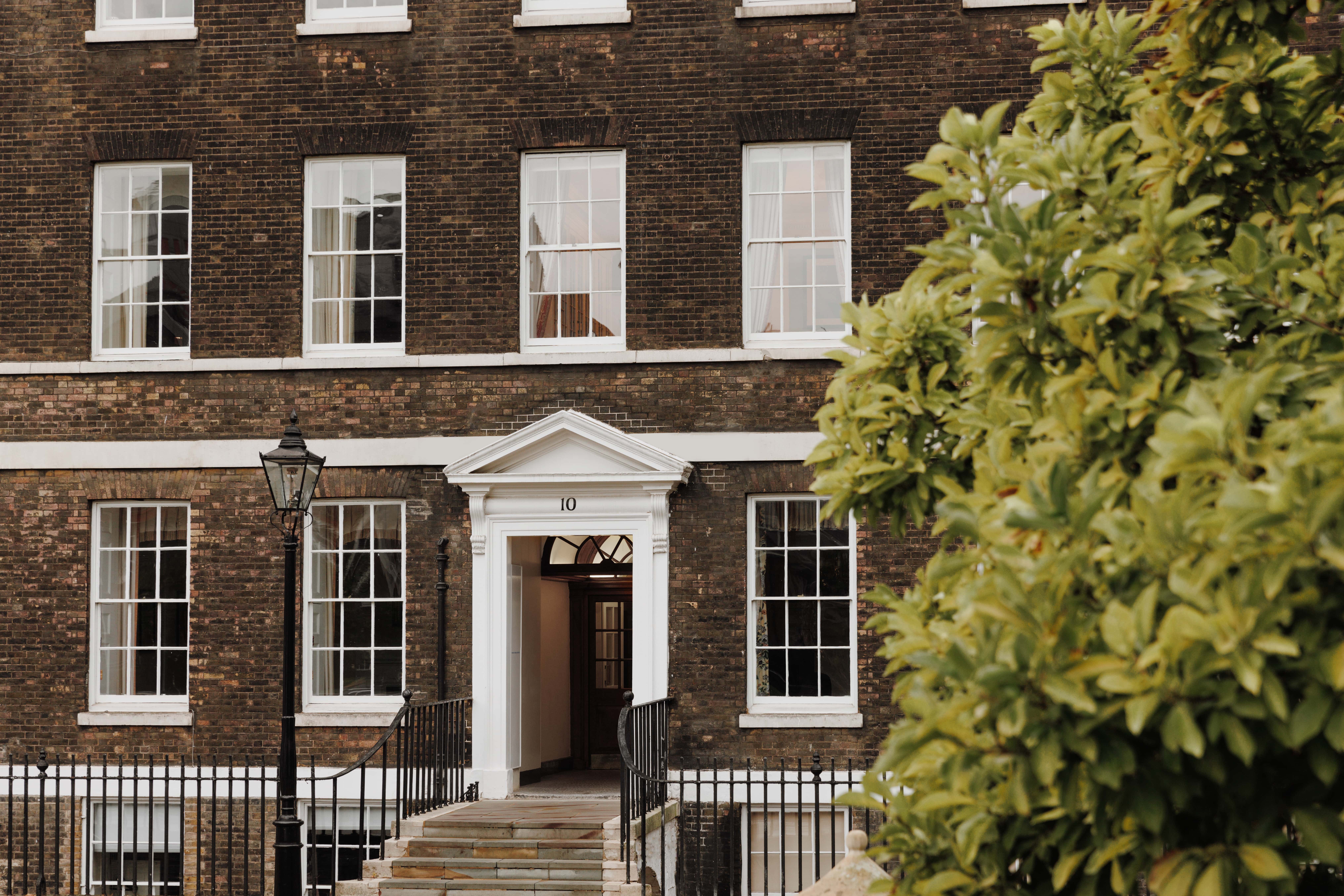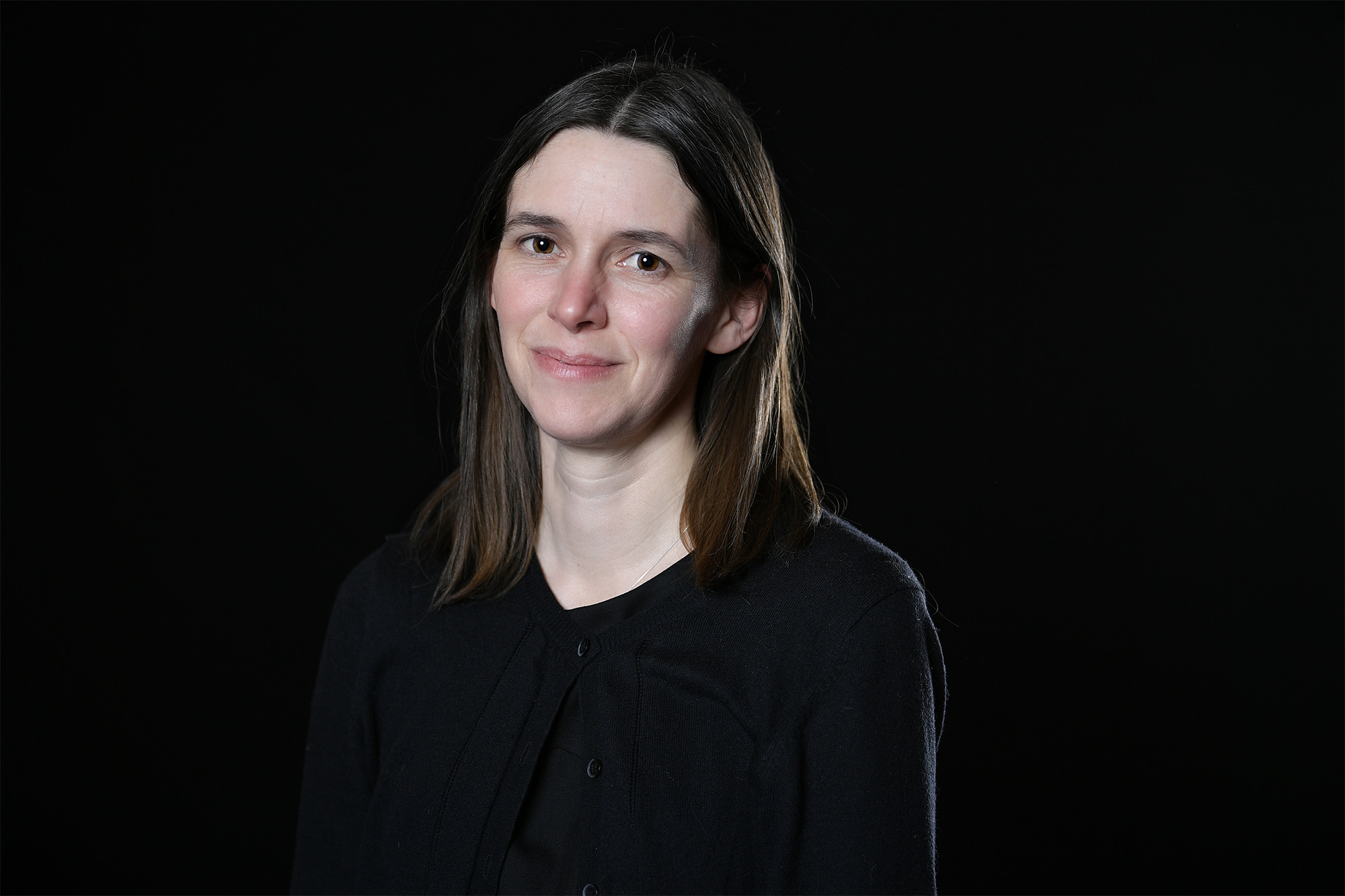In this particular case, the parties had had a long marriage, and although both were nationals from an unnamed country, the wife had British nationality, and during the marriage, the parties lived between England and another country. The final financial order, made by Mr Justice Moor in October 2021, provided, amongst other payments, for a number of lump sums totalling to $16 million to be paid to the wife. The husband paid to the wife $6 million of the payments due, but the lump sums due in April and December 2022, totalling $6 million went unpaid. In May 2023, the wife obtained a freezing order in a second foreign country, where the husband held a bank account, freezing $6 million. It was agreed that those funds would now continue to be held in a frozen account pending the outcome of these proceedings in which the Husband had made a Barder application to vary, discharge or set aside the final financial order.
The husband’s position was that there had been a Barder event, meaning that a new event had occurred which invalidated the fundamental assumption on which the final financial order was made. Unusually, the actual event was not identified in the judgment, but is relied upon to change a final financial order that cannot otherwise be varied. For the husband’s application to succeed, the supervening event must be unforeseen or unforeseeable at the time of making of the final financial order and have taken place in a relatively short period of time after the making that order.
Given the delay in payment of the $6m due and the subsequent application by the husband to change the final financial order, the wife made interim applications of her own.
The wife’s first application was for a Hadkinson Order, effectively preventing the husband from taking any further steps in the English proceedings until he had paid the interest due on the outstanding lump sums, which at that stage came to £759,563.
The Judge set out clearly the law and conditions to be satisfied, but took the view that although the husband was in contempt of the final financial order (in that he had not paid two of the lump sums of $6m due and that contempt was continuing) there would be a “clear impediment to justice” as matters stood in not allowing him to proceed with his application. Despite the non-payment, it would not be “proportionate” to make such an order given the relative financial positions of the parties. The husband had sought to engage with the wife on the issue of his non-payment in 2022 and 2023, and had also continued to pay her maintenance throughout. The wife was a woman of some means herself even without receipt of the lump sums. The Judge therefore refused to restrict the husband’s access to Court pending payment of £759,563 to meet the outstanding interest due on the unpaid lump sums.
The second order sought by the wife was for the husband to provide funds as security for the wife’s legal costs, up to the conclusion of the proceedings. The rationale for this application was that, without pre-judging the outcome, if the husband failed in his application and he was ordered to pay her legal costs, the wife would not have to chase him across various jurisdictions to recoup her legal costs if he refused to pay.
Again, the Judge set out in detail the law and process to be followed.
Firstly, he had to assess the facts as to whether the husband was “resident out of the jurisdiction”, and took the view that there was very little evidence to support the husband’s contention that he was resident permanently in London. While in 2023 he had spent marginally more nights in England than in any other single country, this did not translate into a finding that he was resident, and all of his assets were held off-shore. The Judge did not need to find where the husband was resident; it was sufficient for him to conclude that it was not in England and Wales.
Secondly, the Judge held that since the husband did not have material assets in England, there was a real risk that the wife would not be successful in enforcing any costs order made in her favour, and that she would experience the same difficulties that she was experiencing now in obtaining monies due to her, further down the line. Granting such an order would not “stifle” the husband’s access to the Court, and the Judge was satisfied that despite what the husband asserted as to his financial resources being illiquid, he could find or borrow a relevant sum to provide security for the wife’s costs.
The Judge ordered the husband to provide security of £480,000 in respect of the wife’s costs, reducing the figure sought by approximately 25%, having adjusted it for the uncertainties of litigation, and a potential reduction if her costs were to be subject to detailed assessment.
The wife therefore now has not only $6 million of the husband’s funds frozen, to meet the outstanding lump sums if needed, but also secured a further £480,000 towards payment of her legal costs, should the husband be ordered to pay them at the conclusion of proceedings.
This Judgment shows the Court’s willingness, in appropriate cases, to ensure that where a court order has not been complied with, the recipient of the unpaid monies is protected financially whilst the case progresses, and not further disadvantaged by prospect of the non-payment of her legal costs at the end of,the case if the husband’s Barder application is unsuccessful and her position is vindicated.
The final hearing is listed to be heard in the Summer 2024.
Please click on the link to read the concise Judgment:https://caselaw.nationalarchives.gov.uk/ewfc/2024/6
For further information, please contact Simon Beccle or your usual contact in the Family Department or, alternatively, telephone on 020 7465 4300.
For more information about Payne Hicks Beach and the Family Services




